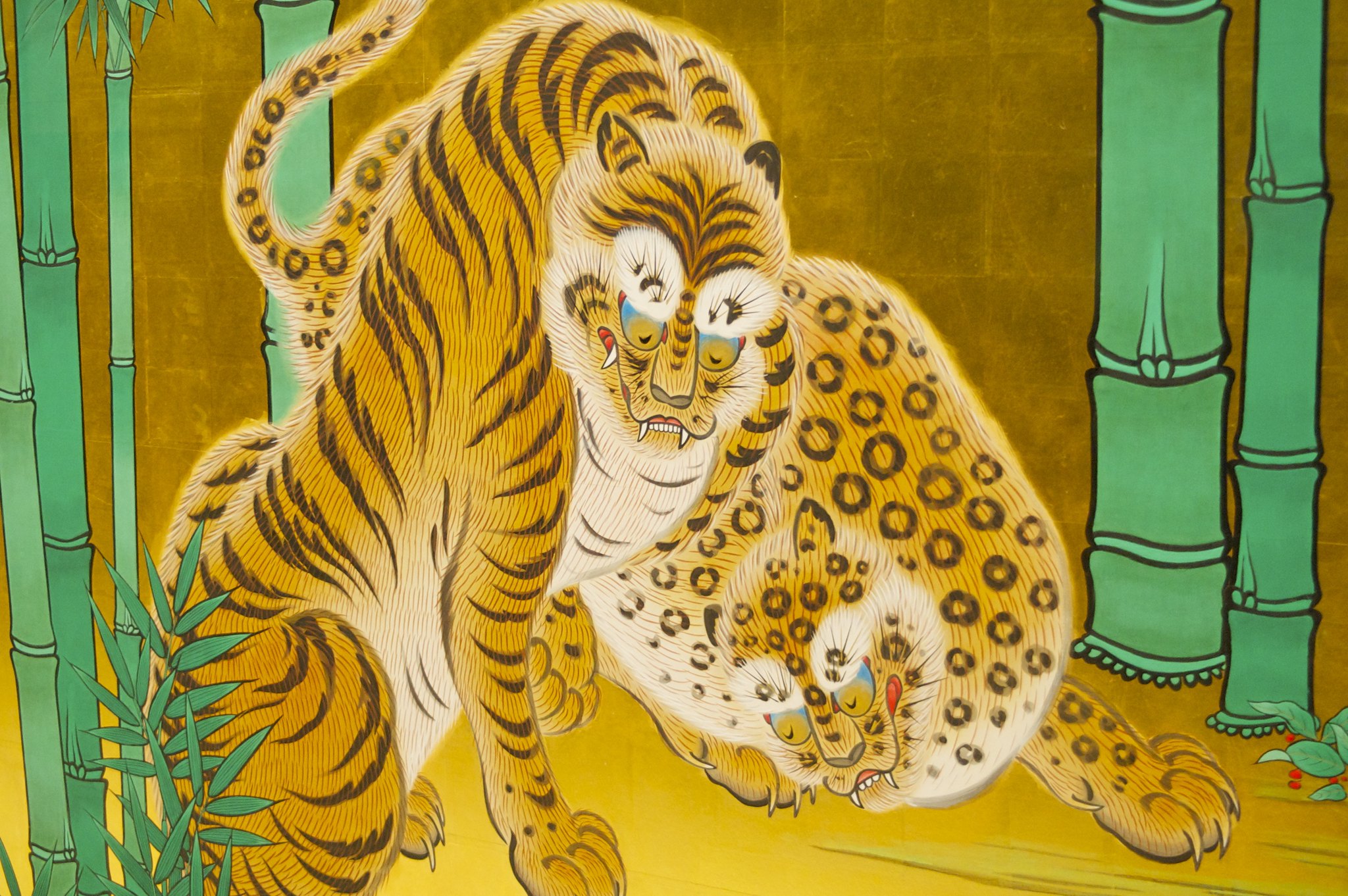An article on how PV Sindhu’s parents’ relentless hard-work is behind her success has been going around in parenting circles. While her success is to be cherished and applauded, it is important to take a reasoned look.
The burden of expectations 🔗
Success in sports or any field is a combination of a variety of factors, one of which is luck. For every PV Sindhu, there are countless young children that carry the burden of their parents’ dreams for them. When they succeed, it’s dream come true. When they don’t, which has a much higher probability, things come crashing down affecting every other aspect of their life.
Having been a part of chess culture in Chennai for a brief period of time, I witnessed the childhood trauma bordering on abuse perpetrated by parents aiming to succeed through their children. Kids breaking down, parents dragging their kids into the tournament hall, angry eyes focused on the children, children never looking up from the board until the game was over - with tears fearing reprimands or with eagerness seeking approval. My experience is not unique.
There were some children that played for the love of the game, happy with a win, sad when they lose, but everything from within and cheered up easily. Their parents were usually absent or present only for support, encouragement or genuine love for the game, sometimes themselves playing.
We all see people enslaved by the bitterness of what could have been instead of relishing the reality of what is or the possibilities presented by what could be. The difference lies in what portion of the dreams and expectations were theirs and theirs alone.
Why compete? 🔗
Sports dating back to the original Olympics was a way to train to soldiers without a large body count resulting from mere training. It was also to celebrate excellence. Excellence stemming from a person’s desire to be the best.
However, when competition gets commercialized, the players are a commodity. When we bring it down to children, they become pawns in a game that parents, coaches and organizations compete for credit. The adults waiting to reap rewards for risks that are not theirs.
When kids compete for their own sakes, when the goals are theirs, where the adults are there to support them all the way no matter the results, when parents’ dreams are not tied to their children’s performance, competition is magical. It is rewarding, character building and effective in positively shaping a growing mind and body. Those are rare moments.
Even if you become a world champion or grand master, life continues. Life is not a race to one end but a joyful stroll through variety of experiences. A balanced outlook towards competition, goals and results for children helps them with both success and failure.
So, no sports, extra-curricular activities, olympiads or good academics? 🔗
Of course not. It is well established that sports build up character in kids. It’s proven that learning music has significant impact on cognitive development. It is important that children get exposed to different activities and options. However, it is detrimental to their development if the work that they put in is not self-driven.
Tiger parenting may lead to better performing children in the short term. However, kids, like the cheetah, are prone to burn-out and burn-outs are hard to recover from, even as adults. A growing mind needs downtime to assimilate and process learning and emotions. Too much competition from multiple directions results in a child consumed by stress who loses context, purpose and ultimately identity.
As parents, it is vital to talk to children about their options, expose them to a wide variety of things even beyond our limits of understanding and support them to the fullest extent possible when they show interest, share passion and demonstrate effort in learning something without imposing expectations.
 Asian tiger and Cheetah on golden screen - by rumpleteaser on flickr
Asian tiger and Cheetah on golden screen - by rumpleteaser on flickr
Parenting: How much is too much? 🔗
As part of running Puthir, we talk to parents a lot. We have spoken to parents that want their children to get into an university that they didn’t, to excel at multiple sports that they didn’t have the good fortune for, to ensure that their children earn professional degrees that they themselves couldn’t and so on. The stories have a common theme, parents taking their dreams and fears making it their children’s.
However, their child inhabits a different body with a different mind, taking their place in a world that is and will be much different. A borrowed dream is never satisfying. A life seeking external approval is never begun, much less complete.
An ideal parent starts out as lighting system to show all the paths available, then an always-on night light to reassure them in the dark and finally a pocket torch deep in the backpack pocket that their children can count on.
Gibran: Never too much? 🔗
Close to cliche, probably the most repeated quote in parenting articles. All for a good reason. It will be a crime to complete an article in this category without this quote:
Your children are not your children.
They are the sons and daughters of life’s longing for itself.
They come through you but not from you,
And though they are with you yet they belong not to you.
You may give them your love but not your thoughts,
For they have their own thoughts.
You may house their bodies but not their souls,
For their souls dwell in the house of tomorrow, which you cannot visit, not even in your dreams.
You may strive to be like them, but seek not to make them like you.
For life goes not backward nor tarries with yesterday.
You are the bows from which your children as living arrows are sent forth.
